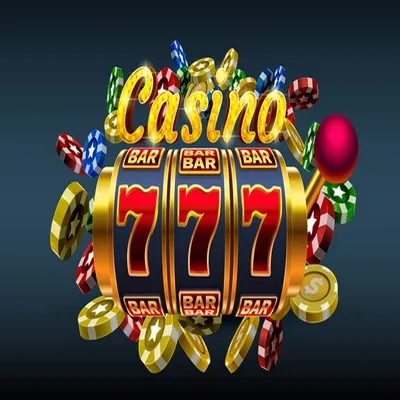33 bets
$31329
33 betsLive betting is becoming increasingly popular, as it allows players to bet during the game and change their betting choices based on the actual developments. One of the popular strategies for live betting is to wait for opportunities during the game. Instead of placing a bet right from the start, you can watch part of the game to see which team tends to dominate. This will help you make smarter betting decisions, with better odds.
The odds for yellow card betting range from 2:1 to 5:1, and vary depending on the tension and nature of the match. Matches with many fouls or between teams with strong attacking styles will often have high odds for yellow cards. The Champions League has always been Europe's top football tournament, and betting on the number of substitutions in matches in this tournament attracts a lot of bettors. Players can bet on the number of substitutions the coach will make in each match.
Product description

33 betsSummary: Player psychology plays an important role in decisions when participating in online gambling. This article analyzes psychological factors such as the desire to win, fear of losing and emotions that can affect players' betting decisions. As well as how players can control their emotions and avoid falling into psychological traps in gambling.
On these websites, players can participate in many types of betting such as sports betting, cockfighting, online casino, and other games. These websites all offer attractive odds and promotions to help players increase their chances of winning.

Gambling, or betting, is an activity that humans have been involved in for thousands of years. From simple games to grand casinos and modern online sports betting, this industry has gone through a long journey of development. The following article will review important milestones in the history of the betting industry. Betting is not a new concept, but has existed since ancient civilizations. Archaeological evidence shows that, as early as the Babylonian and Egyptian periods, people participated in games of chance, often in forms of betting involving cards or dice games. Betting in Greece and Rome: Ancient Greek and Roman civilizations organized horse races and sports competitions, where people could bet on the outcome of events. Chariot races in Rome and arena sports were among the earliest forms of betting known to mankind. These games were not only part of the entertainment culture but were also associated with religious beliefs and rituals. Dice and card games were also used as a form of betting from this period, although there was no formal system or rules. Cards in particular appeared in China around the 9th century and gradually spread to other regions such as India and Europe. Betting flourished in Europe in the 17th and 18th centuries, when casino games began to become more popular. The first casino opened in Venice, Italy in 1638. This was the first place with formal betting organization and procedures. The first casinos mainly served the nobility and the wealthy, and were only open on special occasions such as festivals. The first casino in Venice (1638): The first casino opened in Venice, Italy in 1638. This was the first place with formal betting organization and procedures. The first casinos catered mainly to the nobility and the wealthy, and were only open on special occasions such as festivals. Horse racing betting: Horse racing was one of the first popular forms of sports betting and began to become part of the betting culture in Europe in the 18th century. The first horse races were held in England, where a strong horse racing industry developed, with famous races such as The Derby. Gambling and sports competitions: In the 19th century, gambling games at casinos and sports competitions such as football and horse racing began to become popular events that people bet on. In the 20th century, the betting industry continued to thrive, especially after countries began to legalize and regulate the industry. The city of Las Vegas in the United States emerged as the "gambling capital" of the world in the 1930s when Nevada legalized casino games. Las Vegas casinos have become an icon of the gambling industry, attracting tourists and gamblers from all over the world. Famous venues such as the Bellagio, Caesars Palace and The Venetian have become symbols of luxury and the gambler's lifestyle. Sports betting officially flourished in the 1940s and 1950s, especially in Las Vegas casinos. Sports such as football, basketball, and horse racing began to attract the attention of bettors. By the late 20th century, sports betting had gone beyond entertainment and had become a professional industry with major organizations and tournaments, such as the Super Bowl (USA) and the Premier League (UK).
In addition, the application of blockchain technology in the online betting industry has become a strong point to enhance transparency and security. This technology helps protect financial transactions and personal information of players, creating trust and reputation in the industry. Betting platforms using blockchain also allow players to make transactions with cryptocurrencies, providing greater flexibility and security than traditional payment methods.











